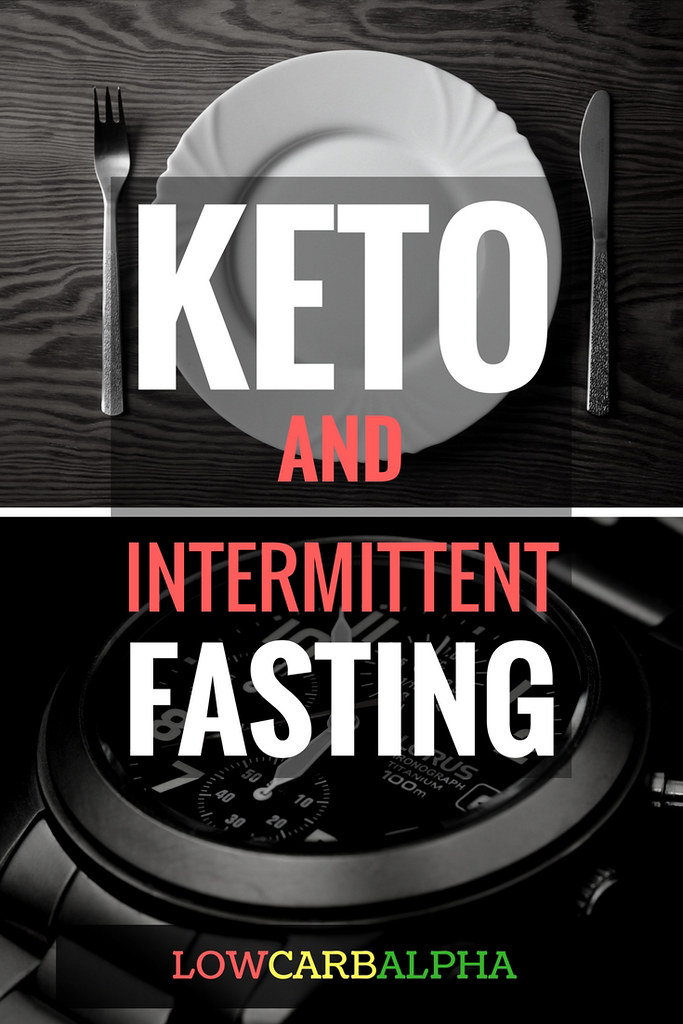Intermittent Fasting Diet FAQ
Q: What is intermittent fasting diet?
Intermittent fasting diet is an eating pattern that involves alternating periods of fasting and eating. It does not specify which foods to eat or avoid, but rather focuses on when you should eat. During the fasting period, you restrict calorie intake, while the eating period allows you to consume regular meals. This eating pattern is believed to promote weight loss, improve metabolic health, and offer various other health benefits.
Q: How does intermittent fasting work?
Intermittent fasting works by changing the body’s metabolic state, inducing several cellular and molecular changes. When you fast, your body depletes its glycogen stores and starts using stored body fat for energy. This leads to weight loss. Additionally, fasting enhances hormone function, improves insulin sensitivity, and triggers cellular repair processes.
Q: What are the different methods of intermittent fasting?
There are several popular methods of intermittent fasting. The most common ones include the 16/8 method, where you fast for 16 hours and restrict eating to an 8-hour window; the 5:2 diet, which involves eating normally for five days and restricting calorie intake to 500-600 calories on two non-consecutive days; and the alternate-day fasting, where you alternate between fasting days and regular eating days.
Q: Can intermittent fasting help with weight loss?
Yes, intermittent fasting can be an effective approach for weight loss. By restricting the eating window and reducing overall calorie intake, intermittent fasting creates a calorie deficit, which is necessary for weight loss. Additionally, fasting promotes increased fat burning and improved metabolism.
Q: Are there any health benefits associated with intermittent fasting?
Yes, intermittent fasting has been associated with various health benefits. It can improve insulin sensitivity, reduce inflammation, enhance brain health, and promote longevity. Intermittent fasting may also help reduce the risk of chronic diseases such as heart disease, diabetes, and certain types of cancer.
Learn more about the health benefits of intermittent fasting
Q: Is intermittent fasting suitable for everyone?
Intermittent fasting may not be suitable for everyone. Individuals with certain health conditions, pregnant or breastfeeding women, and those with a history of disordered eating should consult a healthcare professional before trying intermittent fasting. It’s important to listen to your body and choose an eating pattern that works best for you.
Learn more about who should be cautious with intermittent fasting
